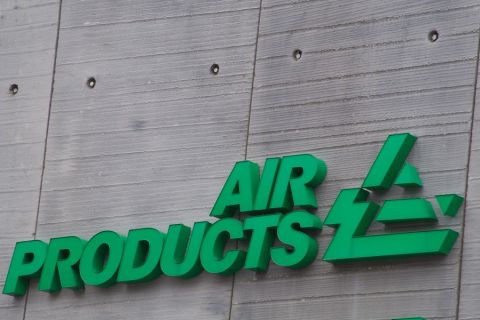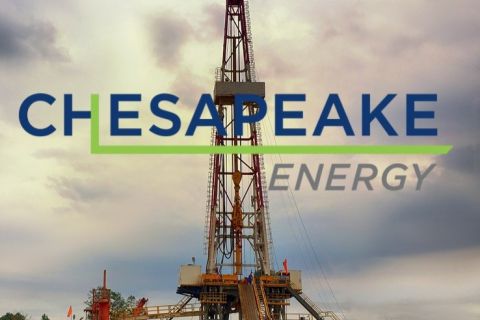This is an excerpt from the Ralph E. Davis Associates (RED) Weekly E&P Update Newsletter.
A few years ago, I needed to create maps for an engineering project I was consulting on and started looking for software to assist me. At the time, I was a one-man consultancy and so the cost was a concern, especially since I rarely needed GIS software. I found the open-source product QGIS, however, and was surprised how well it worked and how (relatively) easy it was to learn. Certainly, there was a learning curve, but I was able to accomplish my tasks quickly.
As time passed, I and members of my team continued to use QGIS, and I’ve come to realize just how powerful it is due to the extensive set of scripts and other add-ons that have been written. Like the QGIS product itself, these tools are open-source and free.
Recently, I’ve started working with R to solve some data analytics problems that we historically would have approached using some combination of spreadsheets, databases and manual editing, or perhaps we wouldn’t have even tried since the math was so advanced. Again, I’m seeing the power of an open-source platform for which a community of users is actively creating free, but highly advanced, tools.
These experiences have led me to think about the state of software in the upstream energy business. For the most part, the technical solutions to most engineering problems are well understood; take, for example, rate transient analysis, vapor-liquid equilibrium, equations of state, gas lift design, and petrophysical analysis to name just a few. The problem is that making the computations is very time-consuming and can’t be done with the aid of computers. I see lots of cases where there is commercial software available, but because it’s expensive and not frequently used, many users (particularly at smaller companies) can’t justify the cost. This results in less thorough analysis and poorer decision-making.
Another challenge with commercially available software is it’s typically unable to “bolt-on” new analysis packages. Open-source systems overcome this limitation and make it possible to add on (or write) packages that meet a specific need. And of course, they’re much more dynamic and can evolve more quickly.
I’m curious what others think about the possibilities in our industry to organize groups of engineers, geoscientists and programmers to develop open-source platforms to meet our needs. In addition to the topics I mentioned, petroleum economics seems like another good one. If you have experience in this area that you’d like to share, are interested in continuing the discussion, or perhaps you can point me to some existing platforms I don’t know about, I’d love to hear from you.
About the Author:
Steve Hendrickson is the president of Ralph E. Davis Associates, an Opportune LLP company. Hendrickson has over 30 years of professional leadership experience in the energy industry with a proven track record of adding value through acquisitions, development and operations. In addition, he possesses extensive knowledge of petroleum economics, energy finance, reserves reporting and data management, and has deep expertise in reservoir engineering, production engineering and technical evaluations. Hendrickson is a licensed professional engineer in the state of Texas and holds an M.S. in Finance from the University of Houston and a B.S. in Chemical Engineering from The University of Texas at Austin. He recently served as a board member of the Society of Petroleum Evaluation Engineers and is a registered FINRA representative.
Recommended Reading
First Solar’s 14 GW of Operational Capacity to Support 30,000 Jobs by 2026
2024-02-26 - First Solar commissioned a study to analyze the economic impact of its vertically integrated solar manufacturing value chain.
Air Products Sees $15B Hydrogen, Energy Transition Project Backlog
2024-02-07 - Pennsylvania-headquartered Air Products has eight hydrogen projects underway and is targeting an IRR of more than 10%.
Chesapeake Slashing Drilling Activity, Output Amid Low NatGas Prices
2024-02-20 - With natural gas markets still oversupplied and commodity prices low, gas producer Chesapeake Energy plans to start cutting rigs and frac crews in March.
Enbridge Advances Expansion of Permian’s Gray Oak Pipeline
2024-02-13 - In its fourth-quarter earnings call, Enbridge also said the Mainline pipeline system tolling agreement is awaiting regulatory approval from a Canadian regulatory agency.
BP’s Kate Thomson Promoted to CFO, Joins Board
2024-02-05 - Before becoming BP’s interim CFO in September 2023, Kate Thomson served as senior vice president of finance for production and operations.





